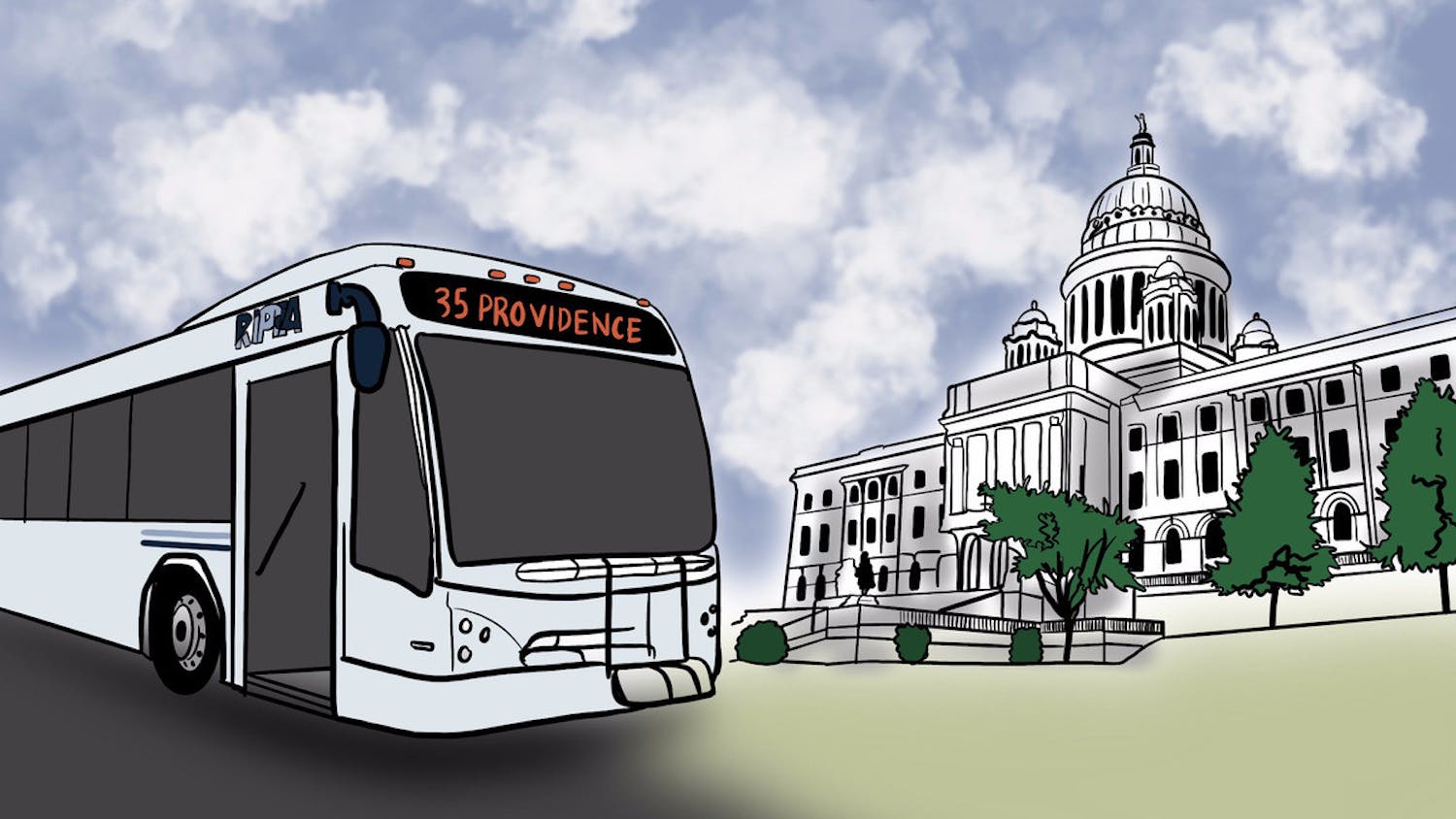Rep. Joseph Almeida, D-Providence, introduced legislation to the Rhode Island General Assembly Feb. 25 that would form the 1696 Historical Commission.
The commission, named for the year enslaved Africans were first documented to have arrived in Rhode Island, would create a comprehensive curriculum for teaching African-American history to public school students from kindergarten through 12th grade, according to a General Assembly press release.
In addition to the governor and the secretary of state, the commission would include the executive director of the Rhode Island Historical Preservation and Heritage Commission, the Senate president and 12 members of the public appointed by the House speaker, according to the release.
Once formed, the 15-member commission would be charged with drafting a curriculum to include “a history of people of African heritage, including the history of African peoples before the political conflicts that led to the development of slavery,” as well as enslavement and abolition in the state and across the country. The aim is to better define the “contributions of Africans to America and Rhode Island,” according to the release.
According to the bill, the Rhode Island Department of Education would provide support staff and consultation to develop guidelines and facilitate the implementation of the new curriculum into public schools. By January, the commission would have its recommendation prepared, and the legislation hopes for funding and implementation for the start of the 2016-2017 school year.
“Our youth must realize that African-Americans are an integral part of the history of our state and have made many contributions to improve life in Rhode Island and the nation,” said Joyce Stevos, president of the Rhode Island Black Heritage Society, in the release.
In anticipation of the commission’s report, The Herald spoke with Anthony Bogues, director of the Center for the Study of Slavery and Justice and professor of Africana studies, about the exposure to African-American history currently offered in public schools, through media and at the University.
Herald: What do you know about the state of African-American history in secondary schools in the United States?
Bogues: We know that there is not much teaching occurring in African-American history because when one teaches aspects of that history at Brown, we realize that there’s a lacuna. There are gaps. I can’t speak for all states, but in some states there is not African-American history. There is American history. African-American history tells the story of the African-American persons in the United States since slavery. I think the initiative is a very good one, and we should support it.
Given the media attention surrounding the Oscar-winning film “12 Years a Slave,” is the narrative of African-American history presented in film helpful to our societal understanding of the issues? Do motion pictures carry the risk of reducing or oversimplifying history?
No one movie can tell the entire story. I don’t expect a movie to do the job of teaching the history of a long period. What a big movie does is stimulate the interest of people in that history. “12 Years a Slave” does that. … It stimulates people to think about not just the history but the meaning of that history for life today — for the present.
What benefits do we gain as a society from improving our understanding of African-American history?
History is a subject in which people learn about themselves. It has a tremendous impact. It gives you self-confidence — a sense of identity — which is important for the world that you live in and your ability to navigate that world. The absence of that can be devastating, particularly when a person does not take into account his or herself. In a racist society, the notions that people get of themselves are not very good ones. This is a history that talks about the experiences of people and how people have navigated those experiences.
It is also important for white Americans, because white Americans themselves don’t know much about the actual experience of African-Americans. We all live in the same society. So on both sides, it is a very important effort.
This interview has been condensed for length and clarity.
ADVERTISEMENT




